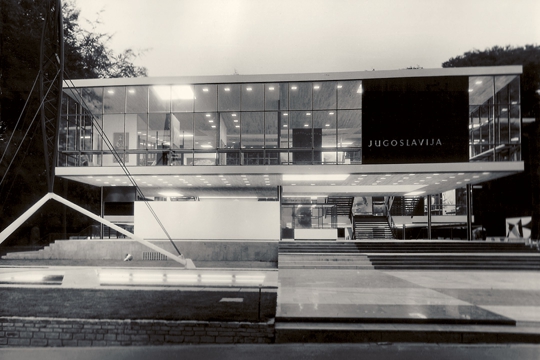Yugoslav Performance Art: On the Deferred Production of Knowledge
DOI:
https://doi.org/10.17892/app.2020.00011.247Keywords:
Yugoslavia, Europe, socialism, performance art, standpoint epistemology, revisionism.Abstract
In order to fully understand the theoretical engagements with the specificities of Yugoslav performance art presented in this issue, it is necessary to first acknowledge the particular political heritage of this art. The position of the socialist Yugoslav state between the Western and Eastern blocs — manifested on the international level in its participation in the Non-Aligned Movement — deeply affected artistic production and its immediate theoretical reflection. The epistemological ambiguity of such a position leads to a “deferred production of knowledge”: delayed or marginalised within the Western European context, yet privileged and entitled in construing its own original political and artistic trajectory. Goran Pavlić introduces the themed issue on Yugoslav performance art with an outline of the theoretical approaches relevant to the included articles.
Image: The pavilion of Yugoslavia designed by the Croatian architect Vjenceslav Richter. The 1958 Brussels World’s Fair (Expo 58).

Downloads
Published
How to Cite
Issue
Section
License
Copyright (c) 2020 Apparatus. Film, Media and Digital Cultures of Central and Eastern Europe

This work is licensed under a Creative Commons Attribution 4.0 International License.
The articles in Apparatus are published under https://creativecommons.org/licenses/by/4.0/ This license does not apply to the media referenced, which are subject to the individual rights owner's terms.
The authors hold the copyright without restrictions and retain publishing rights without restrictions.





